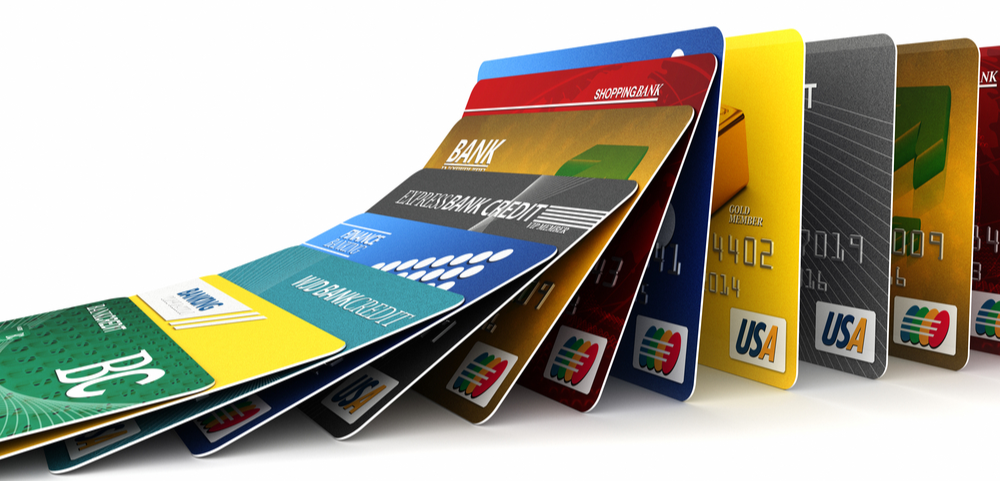(800) 421-9366
info@zenopay.com
How Do I Know If My Business Is Considered High Risk?
High-Risk Businesses Overview
Before discussing how to know if your business is considered high risk, let’s first determine what a high-risk business is and why a credit card processor would be reluctant to get into business with it.

What Is A High-Risk Merchant?
Various factors come into play when considering a business high-risk. However, the two most common indicators are:
- There’s the risk of financial failure exits
- It’s conducted in a high-risk industry
For instance, if you were a weapon or fire-arm merchant, it would fit within the second indicator. High-risk industries, such as the e-cigarette industry, attract significant chargebacks that make them financially risky. If a small business brings less than $1.2 per annum in revenue, it may be considered high-risk.
Many businesses only become aware of their risk status when searching for a credit card processor or merchant. This becomes a problem since they’re obliged to pay higher fees and rates for payment processing services.
Why Is It A Concern For Credit Card Processors?
Credit card processing companies aren’t keen to partner with a business with many issues such as fraud or chargebacks since they’ll be responsible for all your business transactions. Ultimately, most processors acknowledge that it isn’t worth the headache for them.
How To Know If You’re High-Risk
As we highlighted before, there are many indicators as to whether your business is high-risk or not. For instance, if you’re a new enterprise, have poor or no credit, or work in “unattractive” industries, many credit card processors will consider your business a high risk.
Examples Of High-Risk Businesses:
- Collection agencies
- E-commerce businesses
- Tobacco industry
- Adult-oriented business
- Legal services
- Financial services
- Travel and hospitality businesses
- Health and wellness businesses
- Software business
The list above isn’t a definitive list of all high-risk businesses.
High-Risk Merchant Tips For Credit Card Processing
If you’re a high-risk merchant, there’s both good and bad news for you. Let’s start with the more positive news. There are credit card processors that’ll work with you even if you’re considered high risk. The bad news is; the terms and contracts they offer won’t be as advantageous as you hope.
Regardless of the situation, below are some tips we’ve gathered to help you in the search for high-risk credit card processors.
Don’t Try To Outsmart Credit Card Processors
Not fully disclosing the services and products you sell will not help you fool processors. They will make an audit and eventually find out that your business is high risk. Tell your processor the truth and if they can’t work with you, continue searching for one that will. There are processors out there that will accept you.
Be Prepared To Have Capital Resources
The ability to demonstrate and validate that you’re well-capitalized is one of the best ways to gain a processing provider. Your resources can range from buildings, inventory, equipment, tools, and machinery to generate revenues for your business. Underwriters and banks may agree to provide payment processing services if you’ve got productive assets since it indicates that the business can sponge up financial losses and is well-funded.
Provide Past Processing History
You’ll need to furnish your processing provider with past processing history if you don’t have access to significant capital resources. This allows them to have an idea of how you processed payments in the past. If a previous low-risk processor dropped you, don’t be concerned.
They could have dropped you because they viewed your financial services business as too risky for them to handle and not due to fraud or chargebacks. It’s better to show your current processor that your account wasn’t dropped because you weren’t in compliance with the rules or engaged in illegal activities.
Stay Away From Preset Limits
Depending on the number of transactions they’ll process, your processor will give your high-risk business a preset limit. While that’s not an issue for new businesses, it’ll affect you when you start processing a significant amount of transactions when your business takes off. If you exceed the preset limit, the processor may charge penalty fees. When searching for a credit card payment processor, choose one that will help you scale and offer you unlimited transactions.
Be Prepared For The Worst
It would be best to have two high-risk accounts if possible. You never know if you’ll get your account terminated due to increased chargebacks or new underwriting guidelines. This way, you’ll still have another account to process payments if you get dropped by one processor.
Be Aware Of Reserves
Your account will have a certain amount of money set aside by high-risk processors so they can take care of payment issues like debit transactions, claims, and chargebacks. For instance, there are two types of reserves required by PayPal:
- A rolling reserve is a reserve where a certain percentage of the transactions you receive every day is first held and then released on schedule. For instance, they could set your reserve at 10 percent then hold it for 90 days. This means that 10 percent of the money you received on the first day is held and then released to you on the 91st day. If you receive money on day 2, 10 percent of it will be held until day 92, etc. These are the common types of reserves.
- Minimum reserve: this is the specific amount of money that your reserve balance always has to have. This reserve is usually provided as an upfront deposit, or a percentage of the money is put on hold until it gets to a certain amount.
Holding 5-10 percent of sales could do severe damage to some businesses. It could mean disrupting the cash flow and not having the ability to accommodate the difference. Before selecting a processor, make sure you’re aware of and can financially handle the reserves and other fees.
Negotiate Every Three Months
So, what happens if you don’t have any previous history of payment processing? Unfortunately, processors will consider your account riskier than other accounts.
This means that they’ll impose restrictive and pricey terms. However, as long as you have a three-month history for your card processor to review and analyze, you can re-negotiate reserves, rates, and other terms of your contract.
If a processor declined you after applying, they could still approve your application once you provide 3-month statements.

Prioritize Security
The provision of virtual terminals and secure payment gateways is non-negotiable when it comes to a payment processor. Ensure every online transaction has the protection of encrypted server transactions that adhere to updated regulations set by the PCI-DSS (Payment Card Industry Data Security Standards).
Find The Best High-Risk Credit Card Payment Processor
Finding a payment processor that works exclusively with high-risk companies will help you build your reputation and trustworthiness, as well as give you access to services that help reduce fraud or chargeback instances.
Conclusion
Finding a secure, fair, and reputable high-risk merchant isn’t easy for high-risk businesses. But it can be done and is done each and every day. Knowing that your business is considered “high-risk” is the first step to successfully getting over this hurdle.
Other Articles

Most businesses collect debts, but there are good and bad ways of collecting debts. What are the best collection techniques? Here are some tips.
Learn More

Starting a collection agency can seem daunting if you don't know how to do it.
Learn More

Learn about the hurdles you'll face to take credit card payments online and how to get started.
Learn More

Do you know what a chargeback is? Or what to do when you get one and why they're so important?
Learn More

Because fees can affect your business so much, we think it's important that you understand the ins and outs of credit card processing fees.
Learn More